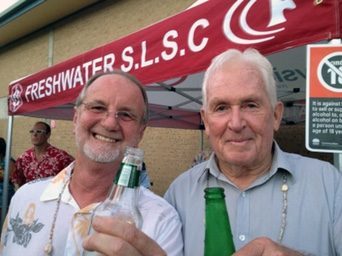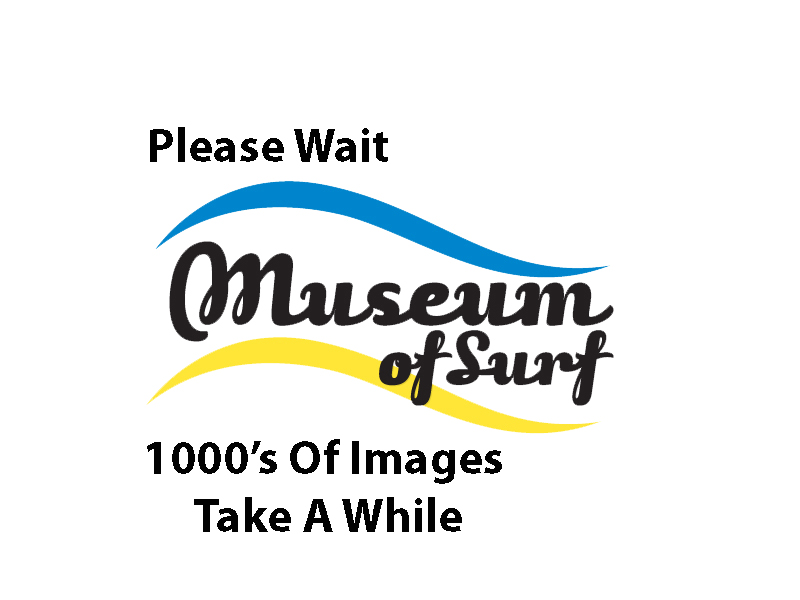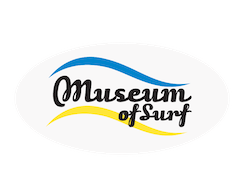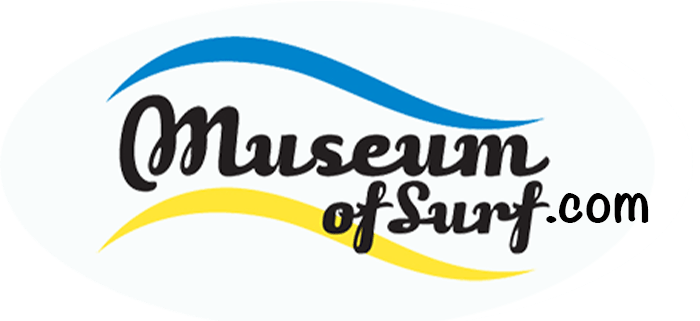Keyo Surfboards

A major manufacturer, the company maintained a high standard and a quality stable of shapers 1961- 1974.
Originally started by Dennis (Denny) Keogh, the label was at the cutting edge in surfboard design 1965 to 1970.
The securing of the Hobie Cat franchise in 1969 quickly saw the company divert its resources to this expanding market at a time when the surfboard industry was experiencing one of its many upheavals.
Like many Australian decals, the company logo is a copy of an American design, in this case, Hobie Surfboards.
The design was later used by Geoff McCoy when he left Keyo Surfboards and started his own company.
One of the Brookvale Five – manufacturers with national sales and reputation in the ten years 1962 to 1972.
ABOUT KEYO SURFBOARDS
In 1957 a young Denny Keogh started shaping surfboards from a garage, and officially opened the Keyo Surfboard factory and retail shop in the Northern Beaches suburb of Brookvale in 1959. A neighborhood that quickly became the countries surfboard manufacturing hub.
Midget Farrelly, the winner of the 1962 Makaha international, was the first surfboard shaper brought in to help with the workload.
Denny in fact shaped the board that Midget rode to victory in the first World Surfing Championships, held at Manly Beach in 1964.
Bob McTavish joined Keyo in 1967 where he shaped the first Vee-bottom a wide-backed nine-footer that kicked off the shortboard revolution.
The McTavish-designed Keyo Plastic Machine Vee bottom models were soon selling at the astonishing rate of 70 a week.
In 1968 Nat Young came on board and with his high profile, they produced another popular model, the Nat Young Tracker.
Later that year the Keyo factory burnt to the ground but was quickly re-opened in the premises behind the gutted factory.
Other high-profile shapers to work under the Keyo label were guys like Kevin Platt, Neil Purchase, Geoff Mc Coy, Col Smith, Phil Cooper, and Mickey Mac.
Some classic Keyo models are the Keyo International, Tailor Made, Plastic Machine, Kevin Platt Model, Egg, Side Slipper and The Virgin.
In 1972 Denny acquired the Hobie Cat franchise and began building the catamarans. By 1974 the production of Keyo surfboards stopped giving way to the high demand of the popular Hobie Cat.
– keyointernational.com, viewed 11 January 2014.
1959
19 Sydenham Road Brookvale NSW Phone XF-1699
Denny Keogh; fibreglassed foam blanks, some balsa?
Right: Denny Keogh outside Sydenham Road, Brookvale, factory, circa 1960.
Image courtesy of Keyo International.
1962
With increasing demand, 1962 Makaha winner (, Midget Farrelly, was one of Keyo’s earliest shapers.
(Note that the final was actually held on the 1st January 1963.)
He was followed by Gary Birdsall who:
“Started at Norm Casey Surfboards, Rockdale.


